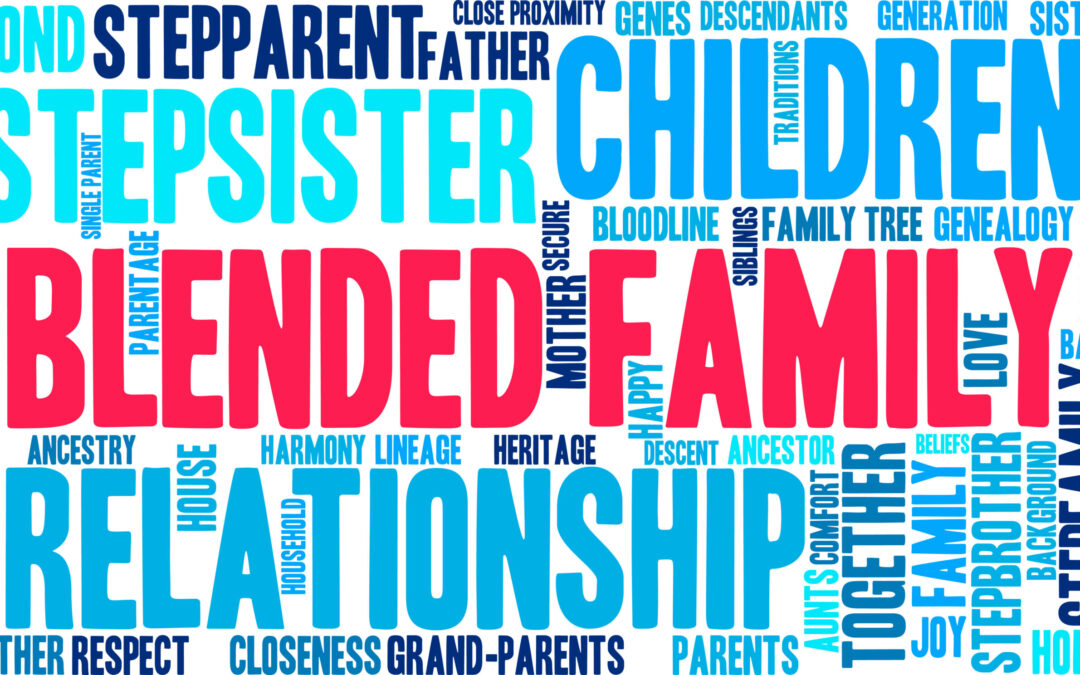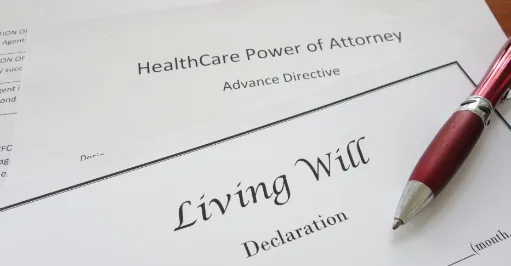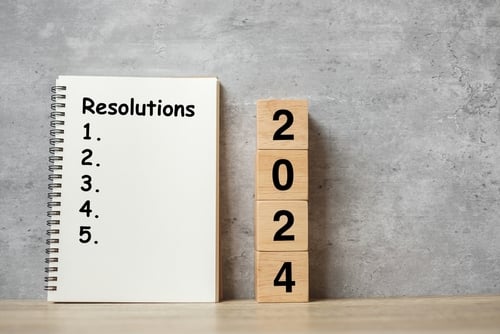If you already have an estate plan, congratulations. However, do you remember where you put it? Does anyone but you know where it is? According to a recent article from The Press-Enterprise, “2023 checklist: How to organize your estate plan,” most people take their estate plan and put the binder or file folder someplace they deem safe and then never look at it again.
Your estate plan should include a set of documents—a will, trust, health care directive, HIPAA form and a power of attorney—to be reviewed and updated regularly over the years. If you don’t remember where these documents are, you’re more likely to forget about having regular updates done.
Powers of attorney and health care directives are needed in emergencies, like when there’s been an accident, health care crisis, or dementia. They’re not helpful if the people caring for you can’t find the documents.
Start by locating the documents and determining when they were completed. If they’re more than three to five years old, it’s time for a review with your estate planning attorney. The same goes for any trusts created before 2012. There have been many changes to laws about trusts since then, and your trusts may no longer serve their original purpose.
Who needs to know where the documents are located? Someone besides you and your spouse. The person you’ve named to act in your will or power of attorney will need the original documents at your death or incapacity. Reviewing these documents with your parents for their care is also essential.
In the past, estate planning attorneys kept wills in their offices, in safes. However, this is no longer the case with the advent of digital documents. If your will or trust was done a long time ago and is in the attorney’s office, you should contact the office and obtain the originals.
Most estate planning attorneys provide documents to clients in an organized binder, and often put documents on a thumb drive. However, where should you keep your original estate planning documents?
Don’t put them in a safe deposit box at your bank. If the bank’s not open and you’re in the Emergency Room, your healthcare proxy won’t be able to help you. A safe at home is an option, but only if the person can get into your home and access the safe. A filing cabinet could work. However, the person will need to get into your house and know where to look.
One idea: put the binder on a bookshelf or in a drawer, and tell the person where the documents are. Some people put the binder in an upper shelf in their hall closet so it can be quickly grabbed as needed. Sometimes, a health care proxy or DNR is posted on the refrigerator or kitchen bulletin board, so it’s immediately available to first responders. You can also program your iPhone or other mobile devices with your emergency contact information and health information to assist first responders.
What about fires or floods? If there’s a fire and the documents don’t survive, the fire will be evidence of the documents not being revoked, and then the copies you’ve placed in other locations can be used.
When you have your estate planning documents organized, it’s a good time to check in with your family members. Do you know where your parent’s estate planning documents, wills, trusts, powers of attorney, and health proxies directives are, and if they are updated?
Having the documents is step one—ensuring they are readily at hand is step two. Once these documents are updated and in the right place, you can focus on other tasks, like cleaning out the long-overlooked sock drawer.
We are happy to work with you in reviewing your plan to make sure you have a plan that covers you and your loved ones. If you would like to talk to us, book a call today. We are happy to help.






